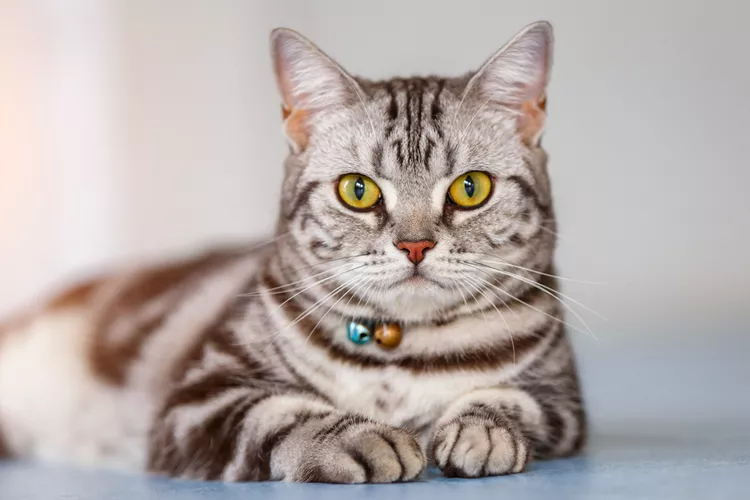Reasons Why a Cat Doesn't Meow

Most cat owners enjoy the sound of their cat purring away. If your cat isn't really a talker, it may be normal cat behavior but look for signs that it's something more serious.
Many cats are naturally quiet, but a sudden change in their vocalization habits could indicate stress or illness. Pay attention to other behaviors like appetite, grooming, and energy levels to ensure your cat is healthy.
Is It Unnatural for a Cat to Be Quiet?
If a normally vocal cat suddenly falls quiet for extended periods of time, some concern might be warranted. Especially if your pet seems lethargic or depressed, a vet visit is a good idea. If your pet has always been on the quiet side but otherwise seems happy and healthy, then it's probably the cat's nature and is perfectly normal.
Cats are individuals, just like humans, and there are quiet types as well as avid talkers. Cat vocalization also tends to be breed-specific. Siamese cats are notoriously loud and harsh in their plentiful meows, while a Birman is quiet by nature. When a loud breed suddenly falls quiet, it's more likely to be cause for concern.
Cats usually aren't very vocal with each other, except for a female cat with her kittens. Many scientists actually believe that the meow is a manipulative behavior cats adopt to get what they want. Meowing directed at humans is a trait of domestication and a way for cats to communicate with their owners. Because adult cats don't meow at each other, it's not uncommon for your kitten to gradually get quieter as it ages. This is not something you need to worry about.
More Serious Reasons Why a Cat May Not Vocalize
While most instances of cats not meowing are simply "personality" issues, it's sometimes the case that a more serious physical problem can cause a cat's silence. Speak with your vet if you suspect another cause or if the silence is new.
Upper Respiratory Infection
As in humans, an upper respiratory infection (URI) can cause hoarseness and laryngitis in cats. If your pet also is showing symptoms such as coughing, sneezing, swelling of mucous membranes around the eyes, lethargy, or a discharge from the nose, the lack of meowing may be a symptom of a respiratory infection. Your vet will likely treat this with antibiotics or other medication.
Hyperthyroidism
In older cats, overactive thyroid glands can cause hoarseness as well as weight loss. If you suspect this, have your vet run blood tests and suggest therapy.
Hyperthyroidism can also cause a significant increase in vocalization. So if your older, usually quiet cat is suddenly talking lots more, check that thyroid out!
Laryngeal Paralysis
Although rare, nerve damage to the larynx (voice box) can cause voice changes and also interfere with a cat's breathing. It also may cause coughing, weight loss, and difficulty eating. This is a serious situation that requires immediate medical attention.
Tumors or Polyps
Growths of various types in the throat and vocal cords of your cat may cause it to stop vocalizing. These can range from entirely benign polyps to very serious cancerous growths. If your cat exhibits hoarseness along with a changed sound in its voice, sneezing, coughing, and noisy or labored breathing take it to your vet for examination and treatment. The vet may take a biopsy sample to check for cancer.
In most cases, a cat's silence is simply a choice or an expression of its nature and isn't anything to worry about. When its silence is accompanied by other symptoms, always seek a professional opinion.
Accepting Your Cat
Sometimes cats (like people) just need a bit of encouragement. If your cat remains silent, just enjoy your pet for who it is. Cats are naturally quiet animals. If you're unable to get your cat to vocalize don't feel too bad about it. Adult meowing may not be in its nature. You might even count your blessings, as other people are troubled with excessive vocalization in their cats.